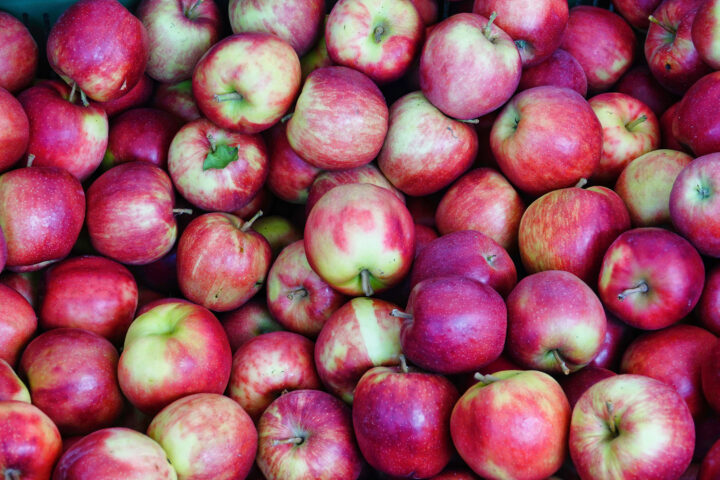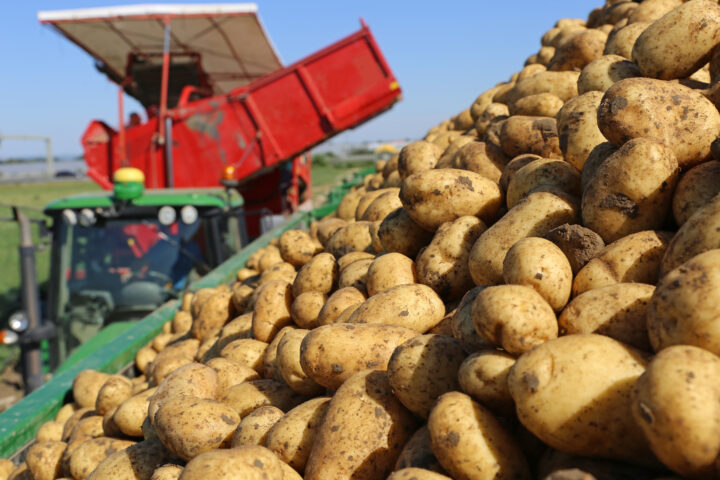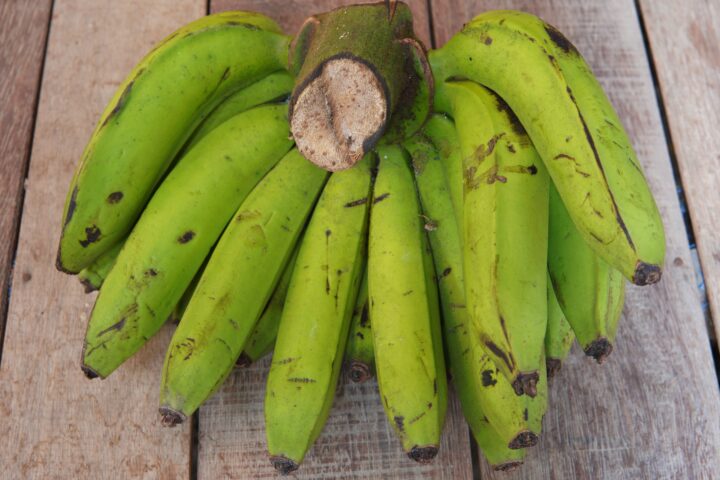
Tomatoes with high amino acid content
Gene-edited tomatoes have recently become available on the market in Japan. The tomatoes represent an innovation. They were modified using the CRISPR/Cas9 precision breeding technique to improve their characteristics, including higher production of amino acids.
Monday, October 4, 2021
Japanese company Sanatech Seed has introduced a red Sicilian tomato variety on the market. As “RTS” reports, this represents the first food bred using CRISPR/Cas9 that has been approved for sale. The new, very healthy tomatoes have an especially high content of the amino acid GABA (gamma amino butter acid). This neurotransmitter plays a key role in many central nervous functions, and it may help, for example, improve well-being, reduce stress, lower blood pressure and improve sleep quality.
A fine scalpel rather than a heavy hammer
CRISPR/Cas9 involves precision breeding that makes it possible to cut the genome of a plant more precisely than ever before. The two scientists who discovered the method were awarded the Nobel Prize in 2020. Standard mutagenesis, which is also used in organic breeding, has been allowed for decades. This involves the use of radioactive or chemical treatment to alter the genome in an non-targeted manner. The resulting plants have nothing “unnatural” in them. The same is true for precision breeding applications. The advantage of the latter method is that it is a targeted process. While traditional mutagenesis can be likened to a sledgehammer, CRISPR is a scalpel. And there is no difference between foods modified this way and those developed using traditional breeding or natural mutations. For this reason, in many countries – including Japan – gene-edited plants are not classified as GMO (genetically modified organisms).
Sources
Related articles

Where the focus lies in apple breeding
The new head of Agroscope's fruit breeding research group is Andrea Patocchi. In an interview with the trade journal Obst + Wein, he explains where the focus of apple breeding lies today.

Chinese robot picks tea
There is a shortage of tea pickers in China. A robot developed by a researcher is set to remedy the situation and take over the work in future. Thanks to artificial intelligence, the machine can even recognise the shoots of the tea plant. The first harvesting robots are also already being developed in Switzerland.

Potato farmers want robust varieties
As the use of pesticides is to be massively reduced, the potato industry now wants to focus on more robust varieties. The industry has even concluded a target agreement with the federal government. This is ambitious: By 2040, robust varieties are to thrive on 80% of potato cultivation areas.

How genetic engineering is saving the Cavendish banana
The most popular banana variety - the so-called Cavendish banana - could soon disappear due to a persistent fungus. Australian researchers have developed a solution based on genetic engineering.

